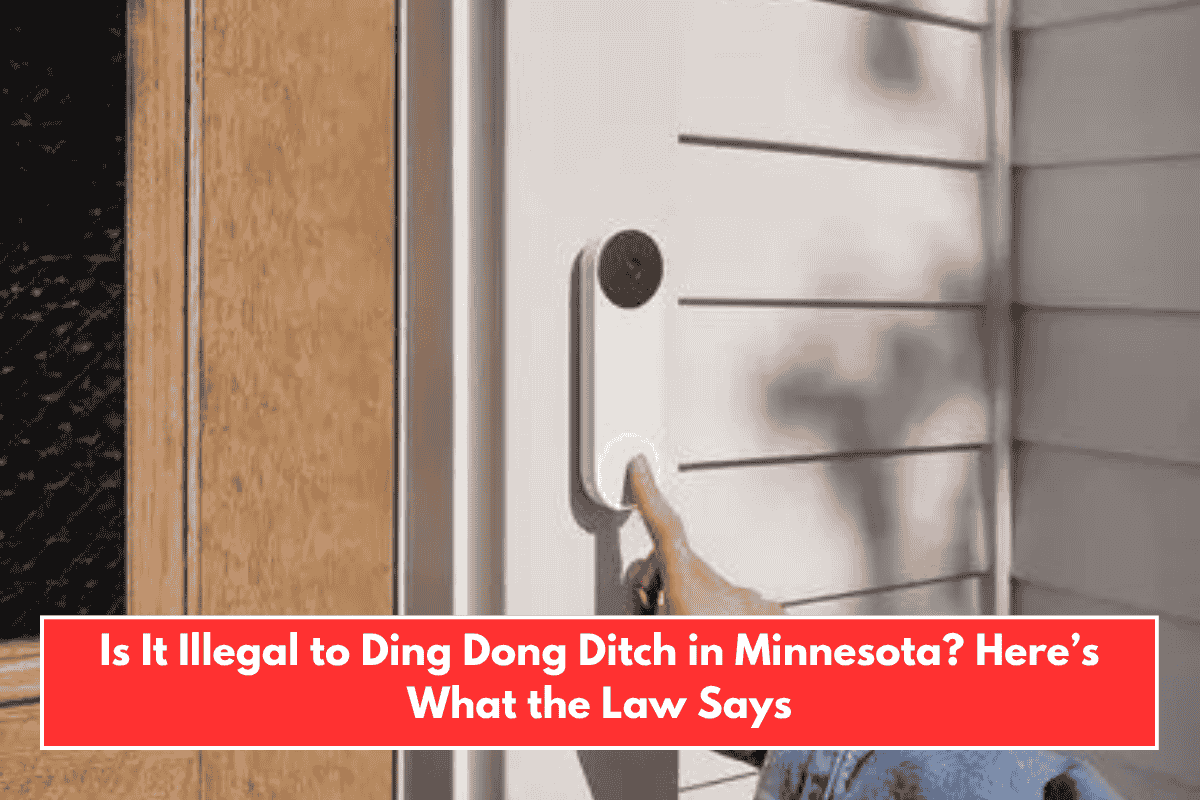Ding dong ditching-ringing someone’s doorbell and running away as a prank-can have legal consequences in Minnesota. While it might seem like harmless fun, Minnesota law recognizes this behavior as a potential form of disturbing the peace or disorderly conduct.
Legal Classification
- Disturbing the Peace: Minnesota law protects every resident’s right to peace and tranquility within their home. Actions that intentionally obstruct or intrude upon another person’s peace-like ding dong ditching-can be considered disturbing the peace.
- Disorderly Conduct: Ding dong ditching is specifically cited among behaviors that may result in a disorderly conduct or disturbing the peace charge if done willfully or with bad intent.
How Charges Are Determined
- Intent Matters: For a charge to stick, the act must generally be intentional or malicious. Accidentally ringing the wrong doorbell or a single, isolated incident is less likely to result in criminal charges. However, repeated or targeted ding dong ditching increases the likelihood of legal action.
- Case-by-Case Basis: Law enforcement and courts evaluate each incident individually. While a first-time offender may only receive a warning or a fine, repeat or egregious offenders could face harsher penalties.
Potential Penalties
- Misdemeanor Offense: Disturbing the peace is a misdemeanor in Minnesota, carrying potential penalties of up to 90 days in jail and/or fines up to $1,000.
- Long-Term Consequences: Even a minor conviction can impact future educational or job opportunities, especially for repeat offenders.
Practical Outcomes
- First-Time Offenders: Typically, minors caught ding dong ditching may receive a warning or a ride home from police. However, if the behavior is repeated or escalates, formal charges can be filed.
- Escalation: If the prank causes fear, property damage, or leads to confrontation, additional charges (such as trespassing or harassment) may apply3.
Ding dong ditching is not explicitly named as a crime in Minnesota statutes, but it falls under disturbing the peace or disorderly conduct if it is intentional and disrupts someone’s peace. It is a misdemeanor, and penalties can include jail time and fines, though first-time offenders often receive a warning. Repeated or malicious acts increase the risk of prosecution.














